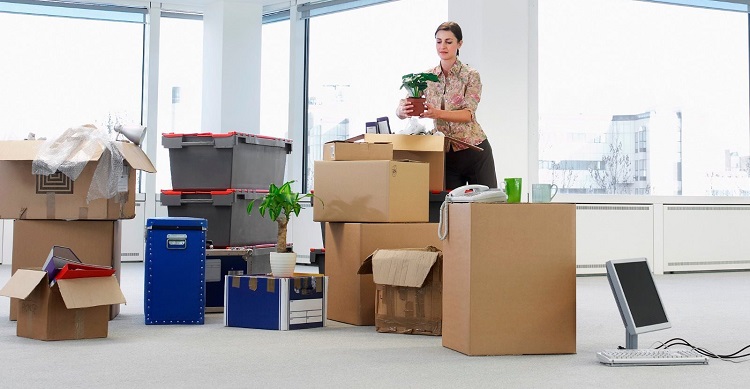The Future of Moving Services: Trends and Innovations Shaping the Industry
The moving services industry is undergoing a transformation, driven by technological advancements and evolving customer expectations. From the integration of artificial intelligence in logistics to eco-friendly solutions, the landscape of moving is set to change dramatically. Companies are adapting to these changes by offering more efficient, personalized services to meet the growing demands.
Customers can now track their belongings in real-time, schedule services through mobile apps, and even use virtual reality to visualize new spaces before moving. These innovations not only streamline the process but also enhance the overall customer experience.
Remarkable strides in sustainability are also shaping the future. Eco-friendly packing materials, electric moving trucks, and recycling programs are becoming standard practices. By embracing these trends, moving companies can not only improve their operations but also contribute positively to the environment.
Technological Advancements in Moving Services
Modern moving services are evolving through innovations in autonomous transportation, robotics in packing, and sophisticated logistics software.
Autonomous Transportation
Autonomous vehicles are revolutionizing moving services. Self-driving trucks can operate around the clock, reducing delivery times and increasing efficiency. These vehicles employ advanced sensors and AI to navigate safely, minimizing the risk of accidents.
Moving companies can manage a fleet remotely, adjusting routes in real-time based on traffic conditions. Environmentally friendly, these vehicles often use electric power, cutting down on emissions. This technology not only saves time but also reduces costs for both providers and customers.
Robotics and Automation in Packing and Unpacking
Robotics play a crucial role in moving services by automating packing and unpacking tasks. Robotic arms, equipped with machine learning algorithms, handle delicate items with precision. These systems reduce human error and prevent damage to valuable belongings.
Automated packing stations streamline the process, enabling faster and more efficient service. Robotics reduce the physical strain on workers, leading to fewer injuries and increased productivity. The utilization of intelligent scanning systems ensures that every item is correctly identified and placed, enhancing accuracy and speed.
Advances in Logistics Software
Logistics software advancements have brought significant improvements to moving services. Modern platforms offer real-time tracking, providing customers with updates on their shipment’s location and estimated delivery time. Such transparency enhances customer trust and satisfaction.
AI-driven route optimization helps in planning the most efficient paths, cutting down travel time and fuel consumption. Additionally, integrated inventory management systems ensure that all items are accounted for, minimizing losses. These software solutions facilitate seamless communication between all parties involved, making the moving process smoother and more reliable.
Sustainability and Eco-Friendliness
The moving industry is seeing a shift towards greener practices. This involves innovative strategies like using electric vehicles, adopting reusable packing materials, and implementing carbon footprint reduction methods.
Electric Moving Vehicles
Electric moving vehicles are being increasingly adopted for their environmental benefits. They produce zero emissions, significantly reducing air pollution compared to traditional diesel trucks. Charging infrastructure is growing, making it easier for moving companies to transition.
These vehicles also tend to be quieter, reducing noise pollution in residential areas. Lower operational costs due to less maintenance and cheaper fuel (electricity) are additional perks. As battery technology improves, these electric trucks are expected to have longer ranges and shorter charging times.
Reusable Packing Materials
Moving companies are turning to reusable packing materials to combat waste. Instead of traditional cardboard boxes, they are using durable plastic containers that can be used multiple times. These containers are not only sturdier but also provide better protection for belongings.
Eco-friendly options include recycled packing paper and biodegradable bubble wrap. Some companies offer rental services for these materials, reducing the need for customers to purchase single-use items. By minimizing waste, these practices support a more sustainable moving process.
Carbon Footprint Reduction Strategies
To further minimize their environmental impact, moving services are adopting various carbon footprint reduction strategies. They invest in energy-efficient warehouses and use renewable energy sources like solar panels. Efficient route planning using advanced software reduces fuel consumption by avoiding unnecessary mileage.
Other strategies include using digital documentation to cut down on paper use and promoting virtual surveys to save on travel. Planting trees to offset carbon emissions from moves is another popular initiative. These combined efforts contribute to a greener and more sustainable moving industry.

